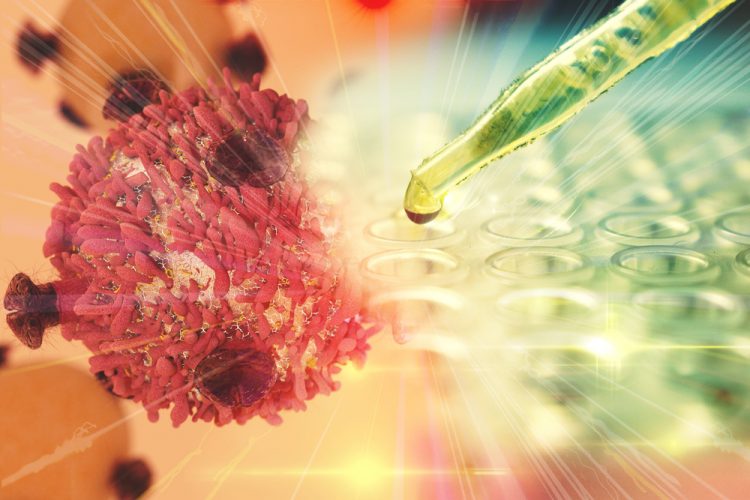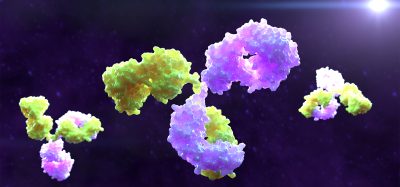Study identifies protein key to successful chemotherapy
Posted: 15 July 2019 | Victoria Rees (Drug Target Review) | No comments yet
A protein has been discovered as key for effective chemotherapy, meaning improved treatments for chemotherapy resistance can be developed.


A new study has shown for the first time why some cancers do not respond to treatment with 5-Fluorouracil (5-FU), a highly effective chemotherapy drug. According to the author, the findings are being used to develop a drug to make 5-FU successful in cancers previously resistant to treatment.
The research was conducted by La Trobe University, Australia. The findings showed that 5-FU resistance is linked to a protein called BOK. The study showed that BOK binds with an enzyme called UMPS, enhancing cells’ ability to proliferate. Without BOK, cells struggle to synthesise DNA and they cannot proliferate.
The same enzyme is also responsible for converting 5-FU into its toxic form in cancer. Therefore, to avoid 5-FU’s toxicity, cancer cells turn off BOK. Cancer cells then become dormant and take up less toxic 5-FU, enabling them to survive chemotherapy treatment before mutating to become even more aggressive.
The study tested samples from cancer patients. Those who had responded to 5-FU treatment had BOK, while those who hadn’t responded to the chemotherapy had no BOK.
“This shows that without BOK present, there is no point attempting to use 5-FU as an effective chemotherapy treatment,” lead researcher Associate Professor Hamsa Puthalakath said.
“In understanding the science behind chemotherapy resistance, we think that we have found cancer’s ‘Achilles heel’ and this has significant implications for future drug development,” Puthalakath continued.
The findings were published in Proceedings of the National Academy of Sciences (PNAS).
Related topics
Chemotherapy, Drug Development, Drug Targets, Oncology
Related conditions
Cancer
Related organisations
La Trobe University, Proceedings of the National Academy of Sciences (PNAS)
Related people
Associate Professor Hamsa Puthalakath








